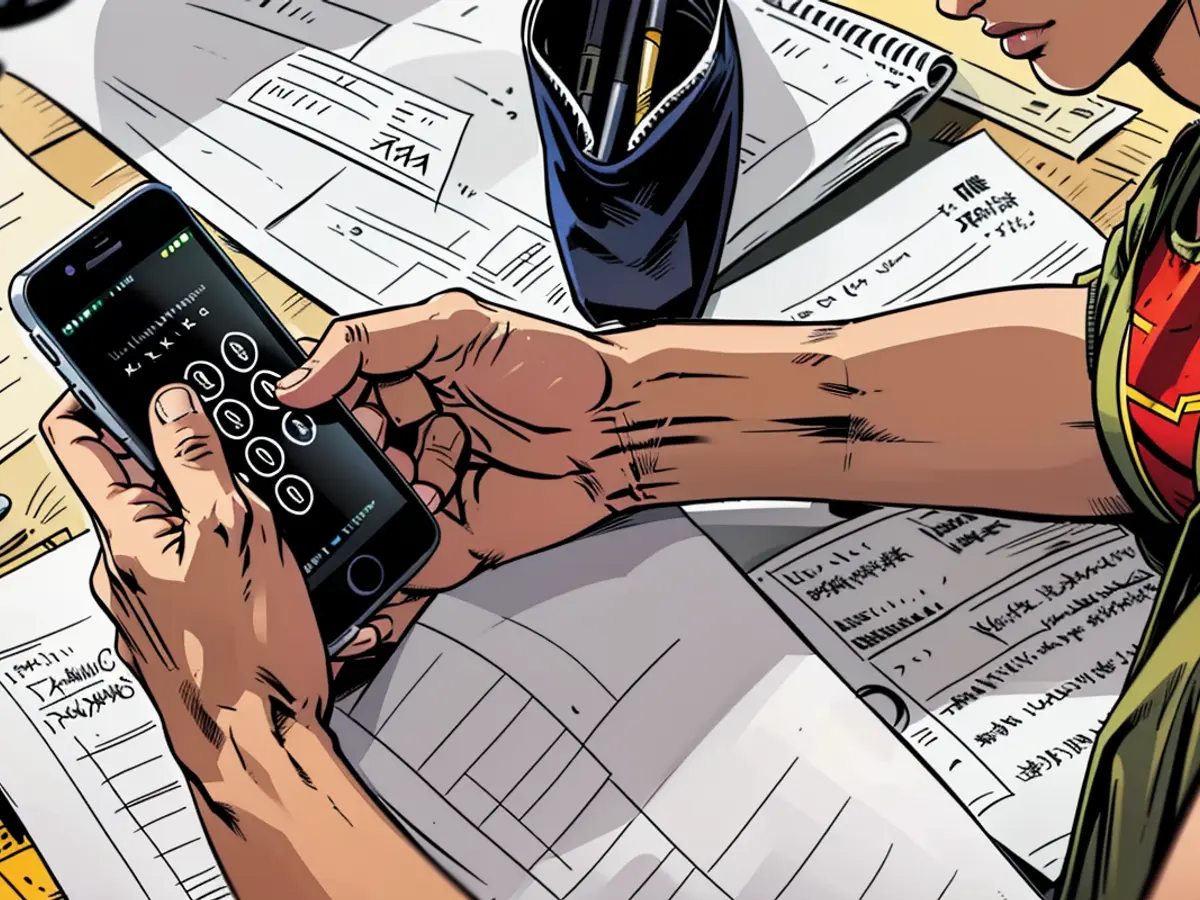schools - Italy bans mobiles in classrooms
In Italy, smartphones are generally banned in classrooms starting from the new school year, according to a decree issued by the Right-Wing Government of Minister President Giorgia Meloni. Smartphones or cell phones can no longer be used for instructional purposes. The use of tablets and computers is still permitted, but only if teachers approve.
This new decree was published by Education Minister Giuseppe Valditara, who is a member of the right-national party Lega. The smartphone ban aims to make classrooms quieter again. Additionally, students are supposed to be encouraged to write by hand once more.
To achieve this, Valditara ordered the reintroduction of a "Student Calendar," in which tasks must be recorded with a pen. "We need to reacquaint our children with pen and paper," the Minister said. This way, parents will also be able to better monitor what goes on at school.
Generally, there has been a smartphone ban in Italian schools for years, which has been relaxed and not always enforced. Similar decisions exist in other countries. In Germany, discussions about such a ban are ongoing.
Italy's Education Ministry is officially called "Ministry for School and Merit" since the right-wing three-coalition took office in October 2022. This is intended to emphasize the performance aspect.
- Parents in Italy are now better equipped to track their children's school activities due to the reintroduction of a "Student Calendar," as mandated by Education Minister Giuseppe Valditara, as part of the smartphone ban in classrooms.
- The ban on smartphones in Italian classrooms, initiated by Giorgia Meloni's government, is designed to promote a quieter learning environment and encourage students to write by hand once more.
- Telecommunication companies in Italy may notice a decline in data usage during school hours, as students are prohibited from using their smartphones for instructional purposes starting from the new school year.
- The principle of the smartphone ban in Italian classrooms is not entirely novel, as it has been implemented in some form for several years, although enforcement has been inconsistent.
- The Rom society, which values oral communication and has historically been skeptical of written language, may view this smartphone ban as an encroachment on their traditions, although they are also aware of the benefits of a quieter classroom environment for education.
- Many educators in Italy, backed by data and research, support the smartphone ban in classrooms, believing it can improve concentration and academic performance, thereby contributing positively to society's children and their future.






